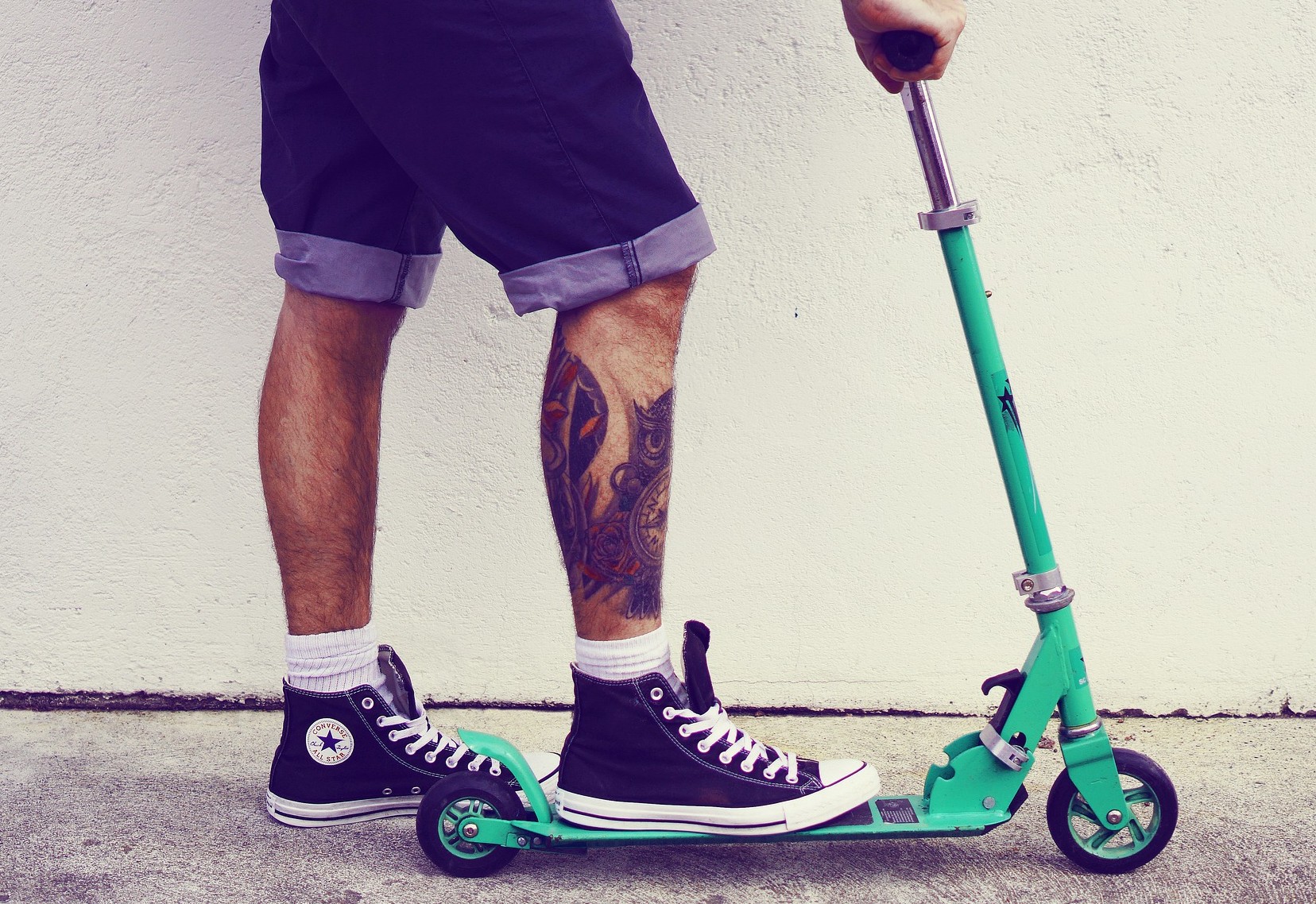Dockless bikes and scooters are not available for poor residents in areas like Ward number 7 and 8 of Washington, D.C., according to a report by the Washington Post.
“A lot of folks over there are not even aware of these scooters. I talked to a few people in trying to prepare for this evening, and they were like, ‘Denise, we don’t even know what you are talking about,” said Denise Rolark-Barnes at a recent panel discussion which was organized by scooter company Spin.
Barnes said her company is looking for ways to enable all of D.C. to make use of this new mode of transportation. According to advocates, like other means of transportation including traditional taxis and bike sharing, scooter services are also not available to most residents in poor neighborhoods long after their launch.
An analysis by the research firm Coord determined that none of the scooter and dockless bike companies are offered to residents in Anacostia. The analysis also revealed that the scooter services are operating in the most affluent areas of the city like downtown core, Georgetown and Dupont Circle.
Scooters are also unavailable in neighborhoods such as Skyland and Congress Heights, located east of the river. However, they were found deployed in the neighborhoods west of the river like Capitol Hill and Logan Circle. The scooter services turned out to be missing in most of the primarily black and low-income areas of the city.
Alayah Evans, a student who has to walk for 15 minutes from her home to the Anacostia Metro station, told the Washington Post that she has found the scooters available elsewhere, but not in the vicinity of her home or in Anacostia. “It’s because this is a black community,” said Evans.
The privately owned scooter companies are being encouraged by the District to distribute their services equally in all areas as new regulations for e-scooters and dockless bikes will be effective from January. “The new regulations were designed to provide access to potential users in all eight wards,” said Terry Owens, a spokesman for the D.C. Department of Transportation, adding that the city “is committed to fair and equitable access.”
Brian No, the head of public policy at Spin, which started operating in D.C. last month said companies like his can “serve a larger geographic area in a much more robust way and a much more meaningful way than we all have been.”
He said the companies with expanded fleet will be better positioned to offer their services in more locations, although he noted that companies operate in areas where there is demand.
“It wouldn’t surprise anyone that a company wouldn’t really want to deploy a bunch of scooters somewhere if they are never going to be used,” he explained.

